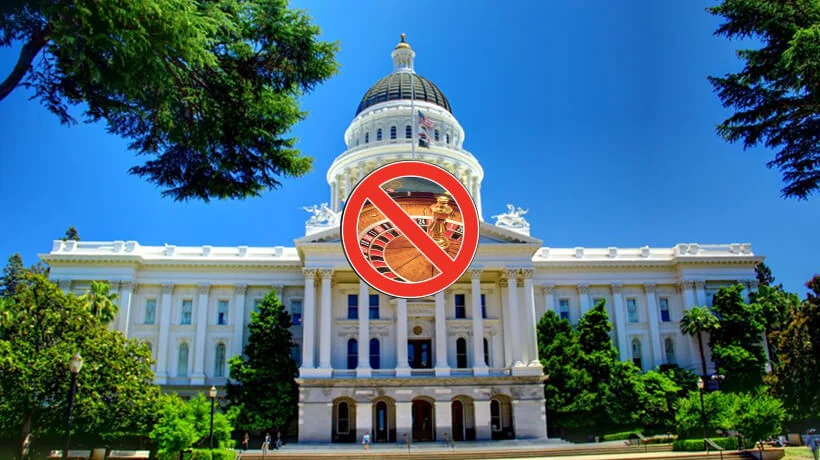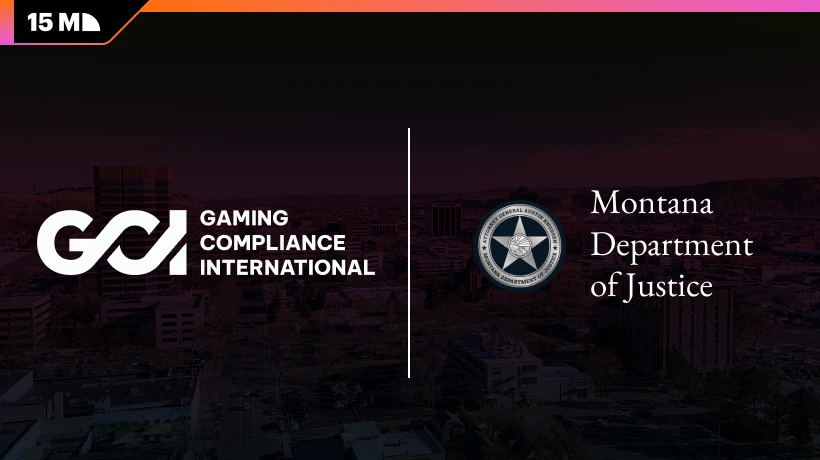The California Assembly voted 63-0 on September 12 to pass AB 831, targeting sweepstakes operators. Governor Gavin Newsom has until October 12 to sign or veto the bill; otherwise, it becomes law automatically through a “pocket signature.”
Why This Bill Targets Sweepstakes Operations
AB 831 focuses on dual-currency and prize-awarding sweepstakes operators—companies running online games that let players win prizes via sweepstakes mechanics rather than traditional gambling.
The California Senate revised the bill three times, with the September 4 update clarifying that corporate promotions like McDonald’s Monopoly or Starbucks rewards programs are exempt. SGLA Executive Director Jeff Duncan criticized the Assembly for ignoring economic realities and “handing monopoly power to tribes,” arguing that tribal partners were denied the same opportunities.
What the Legislation Actually Does
The bill specifies that prohibited sweepstakes play applies only to operators who “knowingly and intentionally” run dual-currency systems. This language ensures corporate promotional campaigns remain unaffected while restricting certain online sweepstakes operators.
Duncan warned that AB 831 would negatively impact tens of thousands of Californians, calling it “damaging” and “poor policy.”
How This Changes California’s Gaming Landscape
If signed, AB 831 will reshape how sweepstakes companies operate in California, a massive market for these operators. The unanimous Assembly vote reflects strong political unity. Governor Newsom’s decision by October 12 will determine whether California joins other states cracking down on sweepstakes gaming. SGLA hopes for a veto, but the 63-0 support suggests lawmakers view sweepstakes operations as a significant problem.







